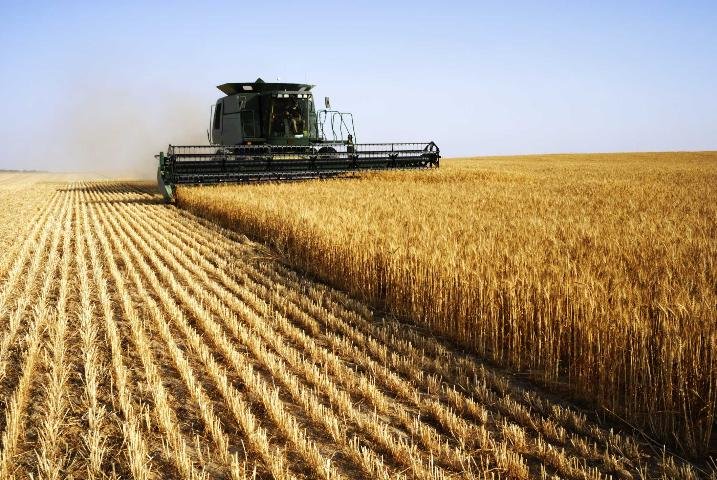Serving the University of Kentucky for over 30 years as an extension agent, Rankin Powell received the Shirley Phillips No-Till Award from the Department of Plant and Soil Sciences.
Read MoreWheat growers interested in becoming part of the ground-breaking Great Lakes Yield Enhancement Network can begin registering now so they don’t lose out on the 2024 opportunity to learn more about their wheat crop and how to hit their yield potential.
Read MoreThis is the time of the year when contest-winning corn and soybean yields are announced. Some of the winners set records for the highest yield ever – yields that can be as much as 3 or 4 times the average U.S. yield. Yields that high bring to mind the silver bullet syndrome…
Read MoreOver 50% of the years in the past decade have been exceptionally wet at/near planting. These conditions complicate early corn nitrogen (N) nutrition management.
Read MoreIt’s a pleasure to announce the winner in the 2023 soybean production contest! Congratulations to O’Bryan Grain Farms in Daviess County. They achieved a yield of 100.80 bu/A using Pioneer P32T26E seed.
Read MoreThe use of biological products in agriculture has increased in recent years, and questions abound about how to use these products for pest management.
Read MoreBoth corn and soybean finished strong across Kentucky despite lower total rainfall amounts across most of the state. The 2023 Kentucky corn crop is estimated by the Kentucky Office of the United States Department of Agriculture National Agricultural Statistics Service (USDA-NASS) at 183 bushels per acre, up 17% from 2022, making the second largest corn crop on record.
Read MoreKentucky corn and soybean yields this year were better than many expected. They didn’t set records, but they were close.
Read MoreBiodiesel and renewable diesel made from vegetable oils can replace petroleum diesel in long-haul trucks and shipping. Biodiesel blended with petroleum diesel and renewable diesel are ‘drop-in fuels’ that can be used without modifications of diesel engines.
Read MoreOne basic soil health concept is that of plant diversity – a diversity of plant species grown in your fields will benefit soil health. Crop rotation is a well applied example of that soil health concept.
Read MoreBroken grain and trash/foreign material tend to accumulate in the center of grain bins during filling. Air will not pass through this area very well, so the best management practice is to remove this material from the bin (often referred to as ‘corning’) and either store it separately or feed or sell it quickly to avoid potential problems during storage.
Read MoreDroughts, deluges, and high temperatures are harbingers of a changing climate. Agricultural systems must change, perhaps radically, to counter climate change and continue feeding the world. What systems will produce our food in 2050?
Read MoreOctober 31st marks the end of the harvest price discovery period for revenue protection crop insurance policies. The harvest price is used to calculate crop insurance indemnity payments and is the average December corn and November soybeans futures settlement prices during October.
Read MoreConventional storage bins and silos will be filled soon, and alternative structures will likely be needed to handle the extra bushels as harvest continues and producers wait for improved prices in early 2024.
Read MoreFall, especially when dry, is the best time to break up these soils so that compaction does not persist into the next season.
Read MoreCrop management has two basic objectives: to increase yield or to improve efficiency (produce the same yield with fewer inputs or a higher yield with the same inputs). In recent years, a third objective has gained importance – the need to reduce the impact of crop production practices on the environment.
Read MoreFall harvest has begun, and this is a good time to look ahead and plan for better soil health. Soil health has several important aspects, but first and foremost is soil erosion prevention. Soil loss equals topsoil loss, and topsoil is where the largest portion of soil and plant biology occurs.
Read MoreWe have a new highest overall yield reported in the contest at 143.42 bushels per acre. This 2023 No-Till State Champion wheat entry from Jason Crisp in McLean County followed soybeans. Camron, Clay and Mark Wells in Union County reported the second highest overall yield ever at 139.64 bushels per acre with the 2023 Tillage State Champion.
Read More

















